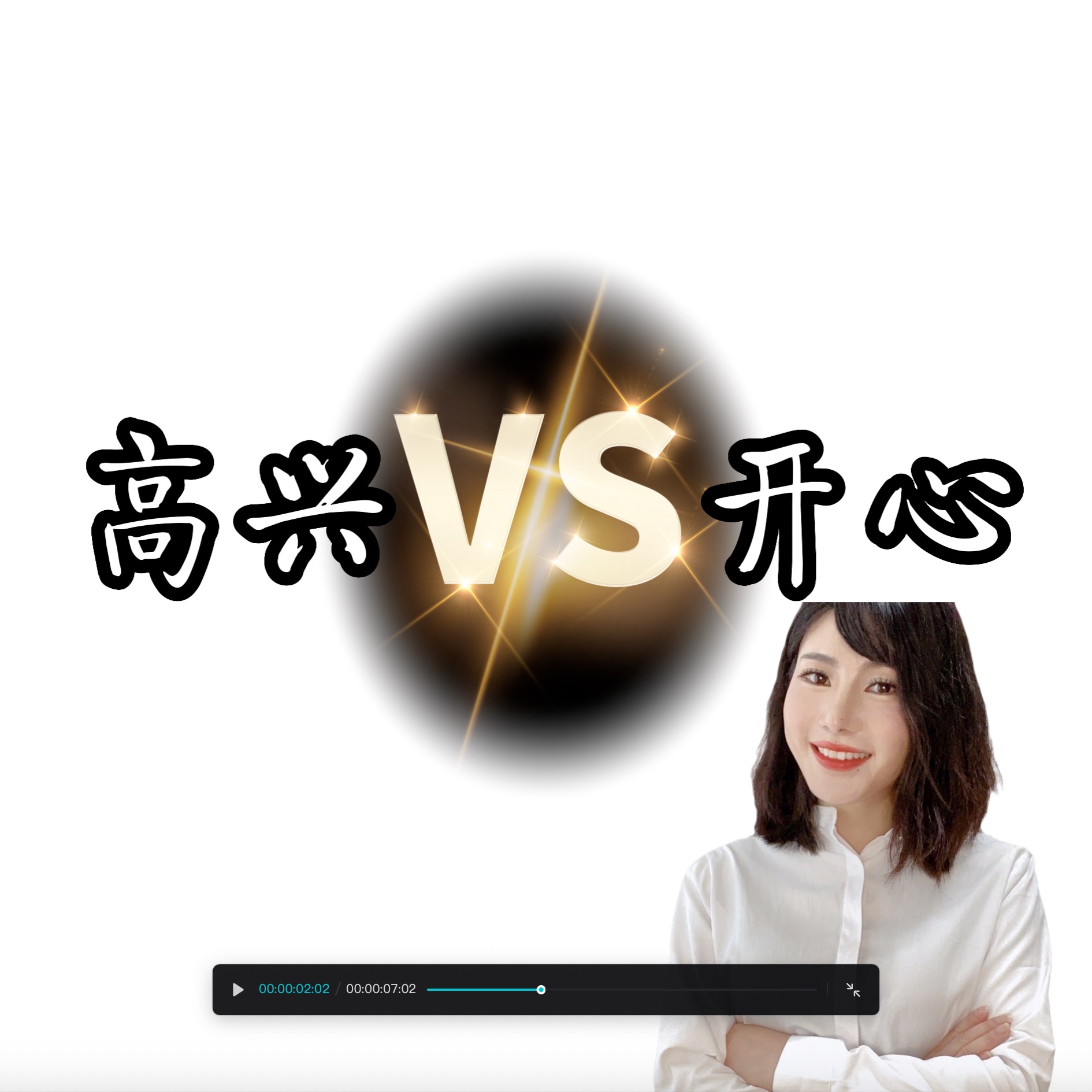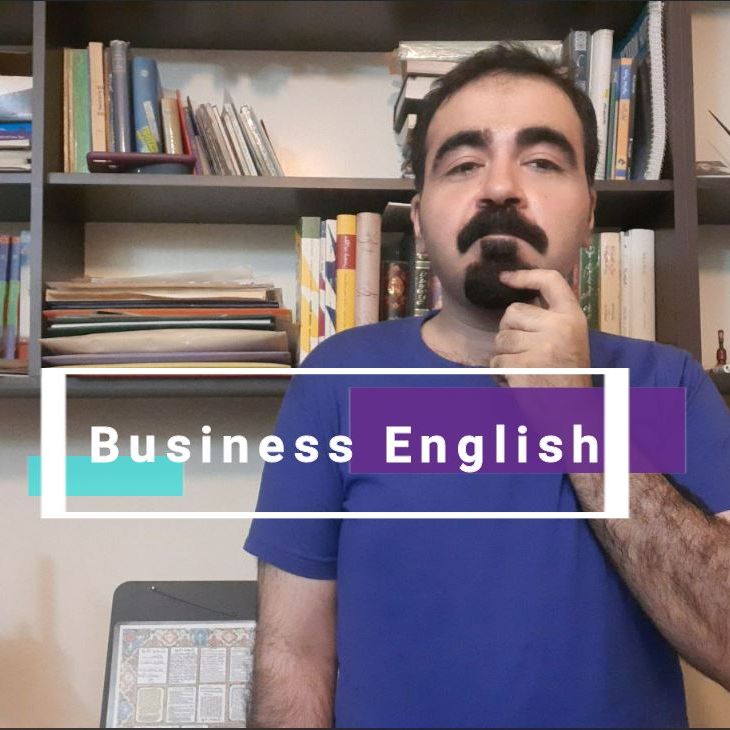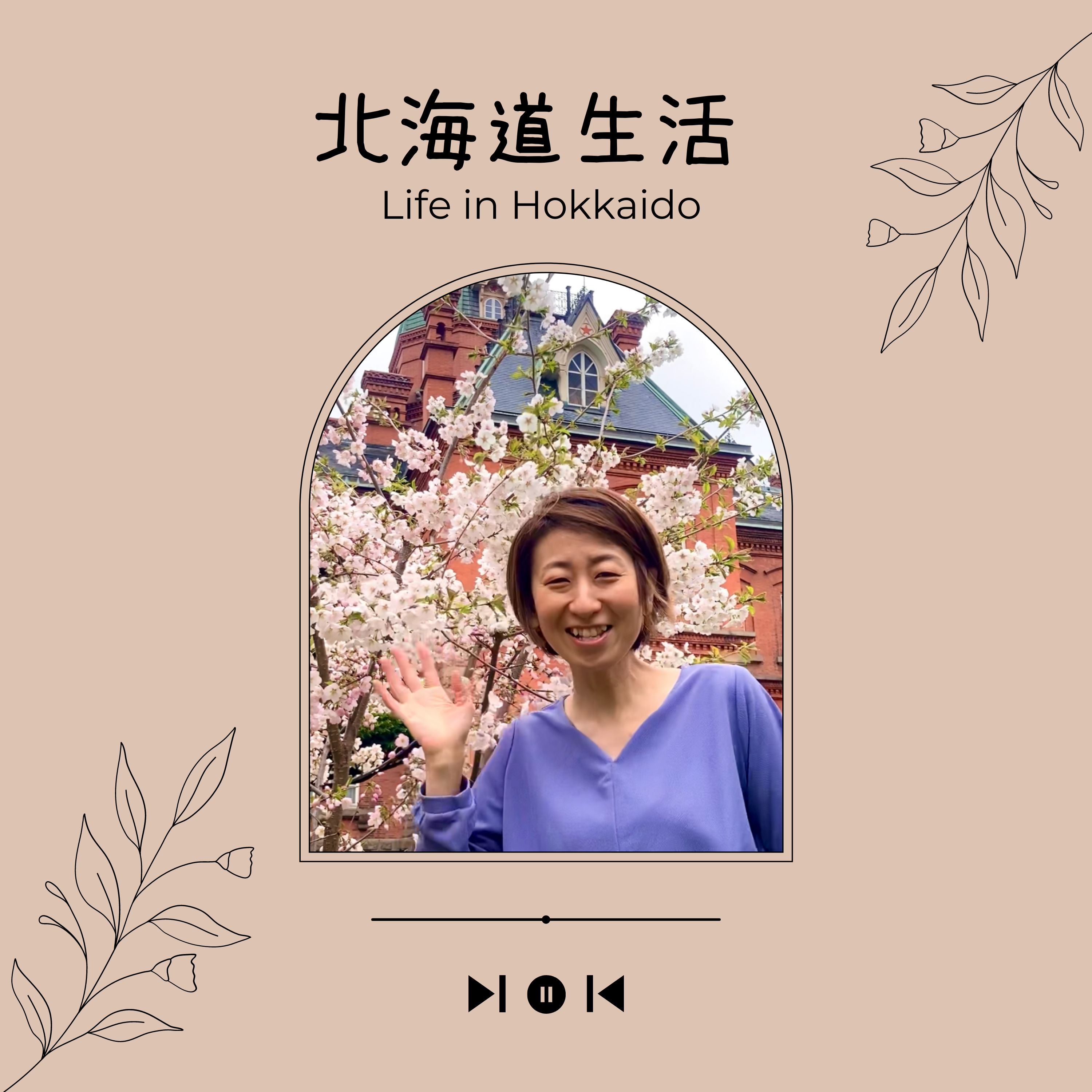寻找适合你的 英语 教师…

不 (bù) VS 没有 (méi yǒu)
描述
what is the difference between 不 and 没有?
不 (bù) and 没有 (méi yǒu) are both negation words in Chinese, but they are used in slightly different ways.
不 (bù) is an adverb that negates the verb or adjective that follows it. It is used to express "not" or "no."
For example:
我不喜欢吃苹果 (wǒ bù xǐ huān chī píng guǒ) - I don't like eating apples
他不是医生 (tā bù shì yī shēng) - He is not a doctor
没有 (méi yǒu) is used to negate the verb in the past tense or to express "not have." It is often used in combination with a verb in the past tense to indicate that something did not happen.
For example:
我没有吃早饭 (wǒ méi yǒu chī zǎo fàn) - I didn't eat breakfast
他没有去过北京 (tā méi yǒu qù guo běi jīng) - He has not been to Beijing
播客频道
Difference between A and B in Chinese with Shanmei
播客创作者
所有播客集

A Chinese song

Городской транспорт

Mastering Your First Day at Work: Introductions and Job Descriptions in Business English

Talking about certainty in Saudi Arabic

Девушка, которая живёт на берегу озера. Часть 2.

OET Nursing Roleplay 3: Managing Exam Stress and Panic Attacks

〈#91〉7月15日金曜日 オープンバスが走る!

(全中文) 怎么用中文聊电影
热门播客集

Chinese songs
A Chinese song

Давай по-русски!
Городской транспорт

Business English with Ali
Mastering Your First Day at Work: Introductions and Job Descriptions in Business English

Aprende árabe con Radia
Talking about certainty in Saudi Arabic

Russian stories with Elena Русские истории с Еленой
Девушка, которая живёт на берегу озера. Часть 2.

Kev's English Podcast
OET Nursing Roleplay 3: Managing Exam Stress and Panic Attacks

北海道Hokkaido生活 for Japanese learners
〈#91〉7月15日金曜日 オープンバスが走る!

Chillchat (Learn Chinese and Chill)
(全中文) 怎么用中文聊电影